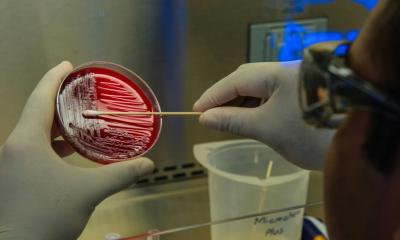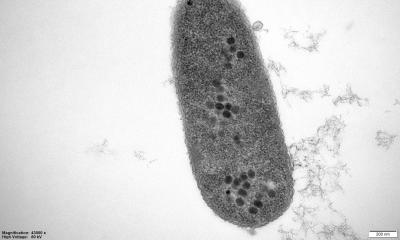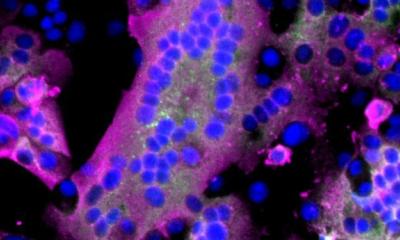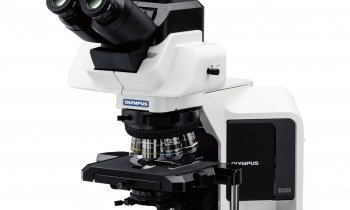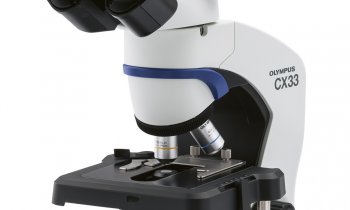Microbiology
ESCMID launches study groups for forensic and veterinary microbiology
The ESCMID Study Group for Forensic and Postmortem Microbiology will create a new network of microbiologists, virologists, anthropologists and archaeologists working in the field of forensic medicine. Professor Amparo Fernandez-Rodriguez, from the National Institute of Toxicology and Forensic Sciences, Madrid, is the head of ESGFOR and stresses the importance of this group in facilitating cooperation between (forensic) pathologists and (forensic) microbiologists.

Fernandez-Rodriguez explains that microbiology is a new area of involvement for forensics and it is important that these two areas can work together to detect diseases and ultimately, save lives. Speaking on behalf of ESGFOR, she comments:
“We are trying to convince medical examiners and judicial authorities of the importance of performing post mortem microbiology studies to learn from how people have died and prevent future occurrences.”
Identifying the causes behind a person’s death can help trigger a prevention plan. In discovering the bacteria involved, correct treatment strategies can be implemented and, in some cases, vaccines can be administered. Fernandez-Rodriguez spoke at the ECCMID 2015 conference in Copenhagen on the group’s goal to establish European guidance for standardized microbiological sampling in forensic cases.
The newly formed Veterinary Microbiology Study Group, chaired by Professor Luca Guardabassi from the University of Copenhagen, aims to contribute to the advancement and harmonization of methods for diagnosis and antimicrobial susceptibility testing (AST) of veterinary pathogens. The group will create a European network for the surveillance of zoonoses (diseases that are transmitted from animals to humans) and antimicrobial resistance in animal populations as well as for early detection of new or exotic infectious agents using animals as sentinels of human disease.
Guardabassi stresses the importance of creating a networking forum for veterinary microbiologists to share and support the best antimicrobial stewardship and infection control practices in this field, commenting: “ESGVM provides veterinary microbiologists with a window to freely discuss on-going research and developments.” Another major goal of the group is to optimise formulation and dosing regimens of veterinary anti-infectives, in order to improve clinical efficacy and reduce resistance development. Antibiotics are currently overused in veterinary and livestock environments and offer a major risk to humans through the development of highly resistant bacteria in these animal populations.
Dr Annelies Zinkernagel, as ESCMID Scientific Affairs Officer responsible for all ESCMID study groups, adds:
“Both ESGFOR and ESGVM are great additions to our broad range of 28 study groups and further demonstrate the importance of collaboration between professionals across different fields and different countries. ESCMID-internally, the new study groups have already established working relationships with existing study groups and are working on first projects.”
“Another focus for both new groups is to instigate increased cooperation between different societies and networks. ESGFOR, for example, is working on to establishing a working collaboration with the European Network of Forensic Science Institutes (ENFSI) and ESGVM will provide advice on controlling and preventing veterinary and zoonotic infections to European agencies such as EMA, EFSA and ECDC. Taken together, these recommendations implemented by the new ESCMID study groups will have huge implications for forensics and mitigating the spread of infectious disease from animals.” says Professor Murat Akova, ESCMID President.
For more details on the new study groups please click on ESGFOR and ESGVM respectively or for more information on the further study groups that ESCMID offers please click here.
09.06.2015



